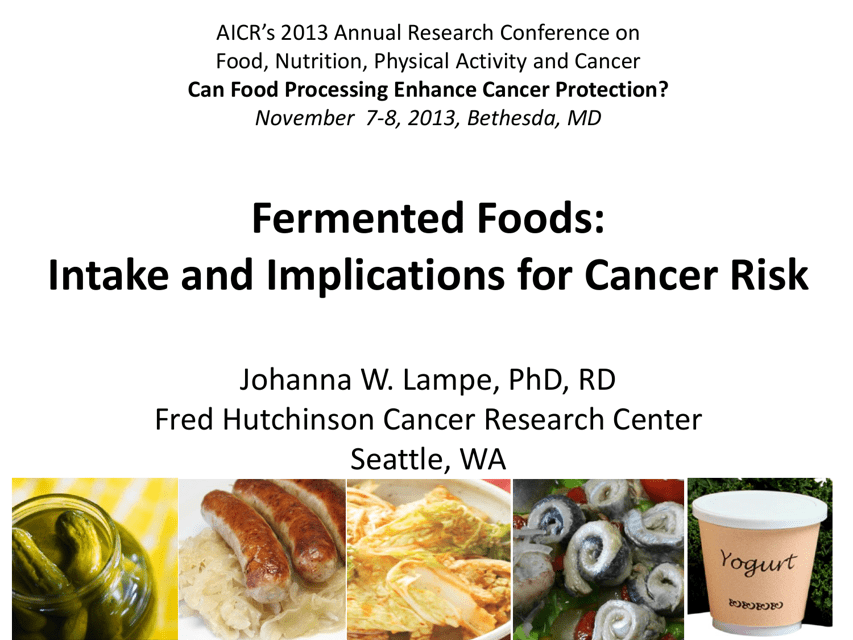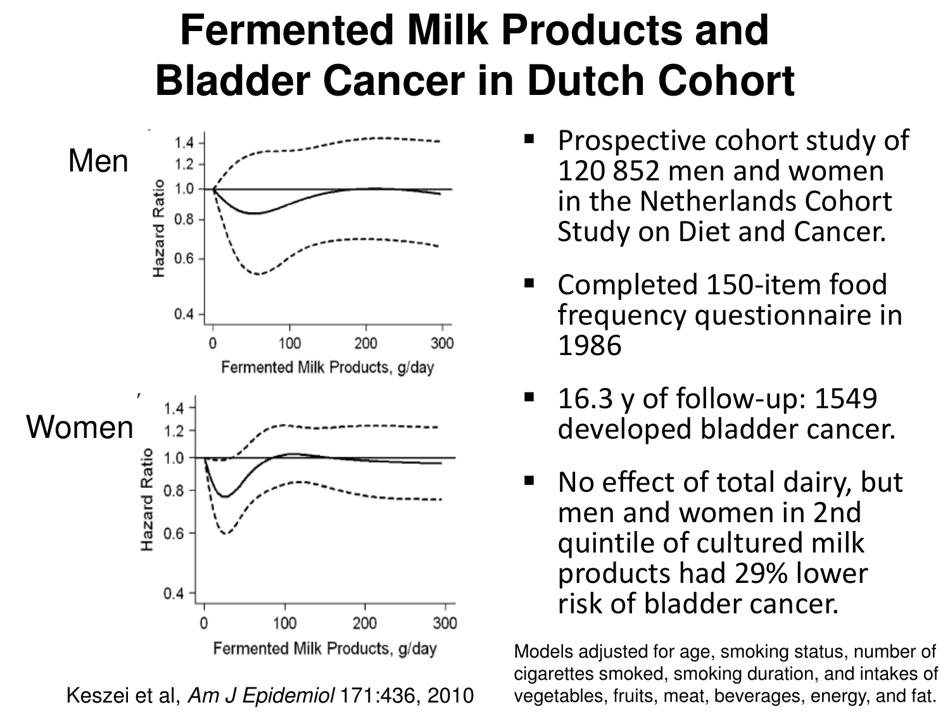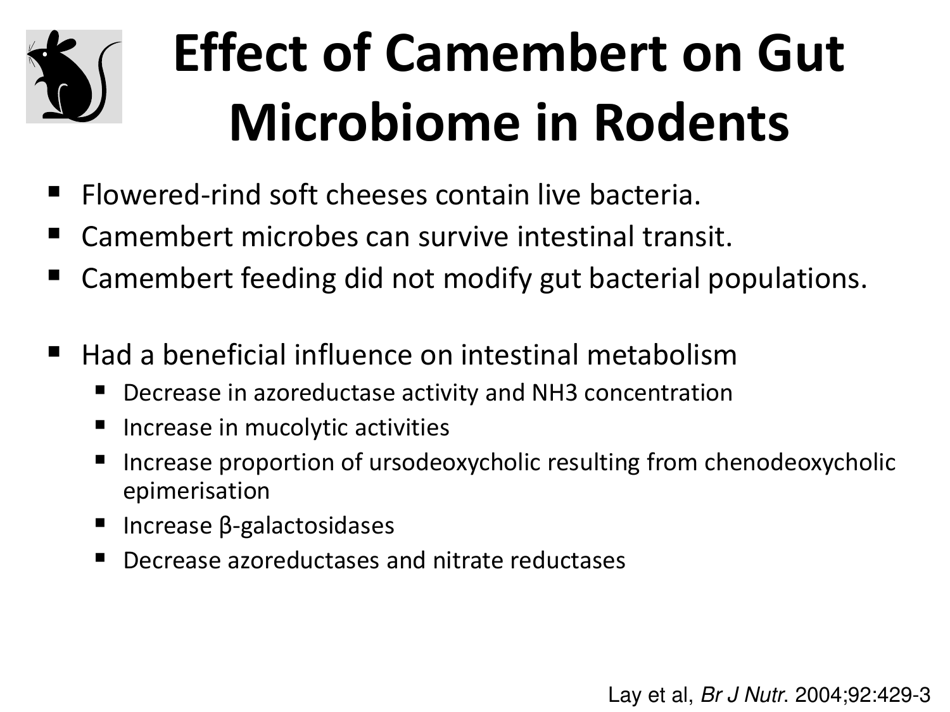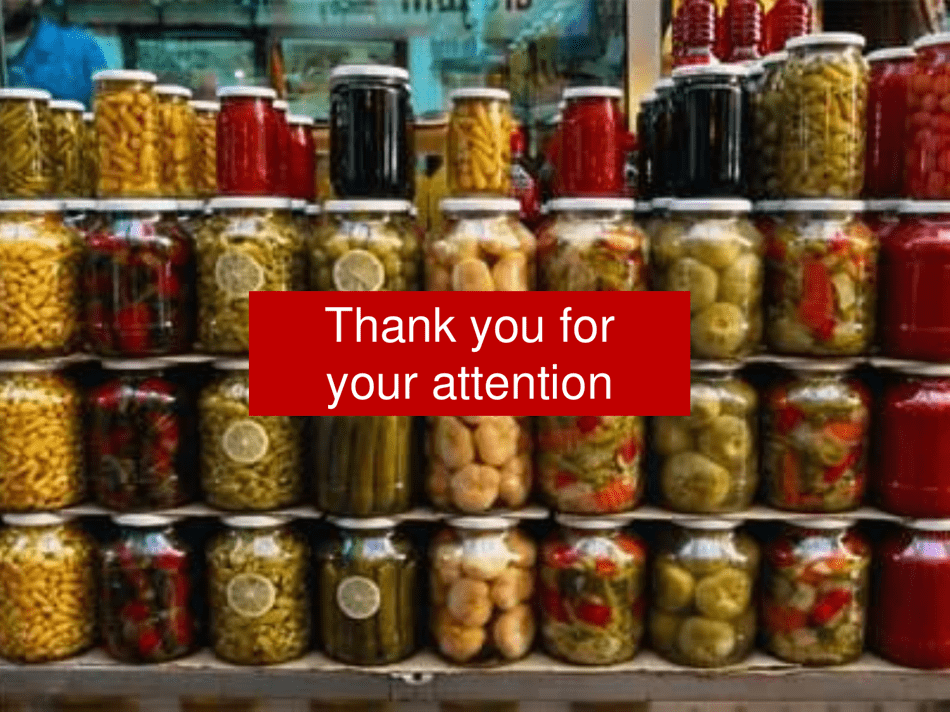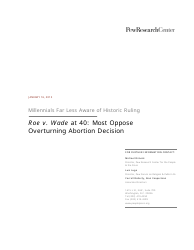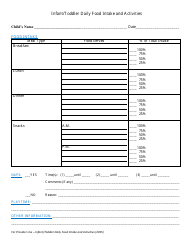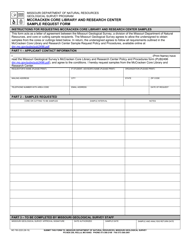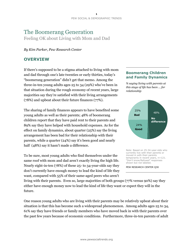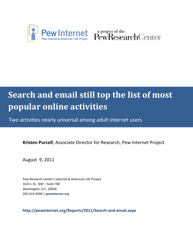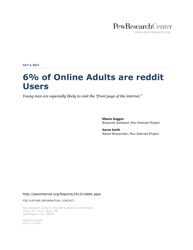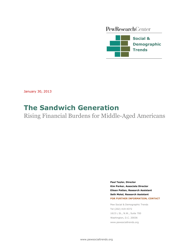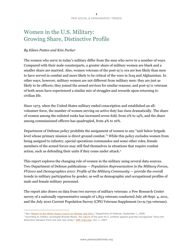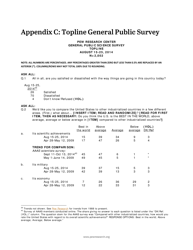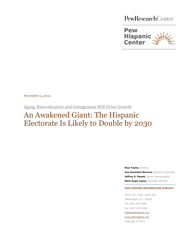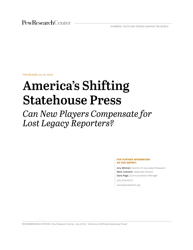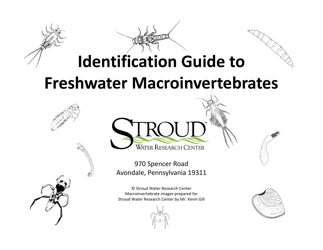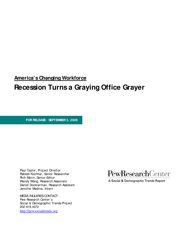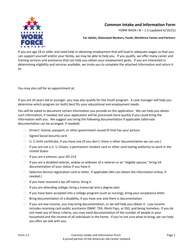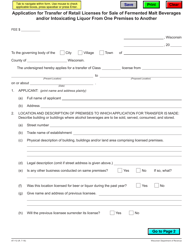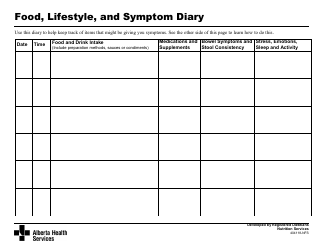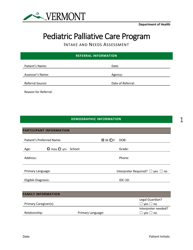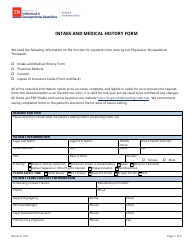Fermented Foods: Intake and Implications for Cancer Risk - Johanna W. Lampe, Fred Hutchinson Cancer Research Center
The document "Fermented Foods: Intake and Implications for Cancer Risk" by Johanna W. Lampe from the Fred Hutchinson Cancer Research Center discusses the relationship between consuming fermented foods and its potential impact on cancer risk.
The document "Fermented Foods: Intake and Implications for Cancer Risk" was filed by Johanna W. Lampe from the Fred Hutchinson Cancer Research Center.
FAQ
Q: What is the document about?
A: The document is about fermented foods and their implications for cancer risk.
Q: Who authored the document?
A: The document was authored by Johanna W. Lampe from the Fred Hutchinson Cancer Research Center.
Q: What is the focus of the document?
A: The document focuses on the intake of fermented foods and its relationship to cancer risk.
Q: Why are fermented foods important?
A: Fermented foods have potential health benefits and may play a role in reducing cancer risk.
Q: Who conducted the research mentioned in the document?
A: The research mentioned in the document was conducted by researchers at the Fred Hutchinson Cancer Research Center.
Q: What are the potential implications of fermented foods on cancer risk?
A: The document discusses the potential implications of fermented foods for reducing cancer risk.
Q: What is the Fred Hutchinson Cancer Research Center?
A: The Fred Hutchinson Cancer Research Center is a renowned research institution dedicated to cancer prevention and treatment.
Q: What is the significance of this research?
A: The research is significant as it explores the relationship between fermented foods and cancer risk, which could have important implications for dietary recommendations and public health.
Q: What are some examples of fermented foods?
A: Examples of fermented foods include yogurt, sauerkraut, kimchi, and kombucha.
Q: How can fermented foods potentially reduce cancer risk?
A: Fermented foods contain beneficial bacteria and compounds that may positively influence gut health and the immune system, which could help reduce cancer risk.
